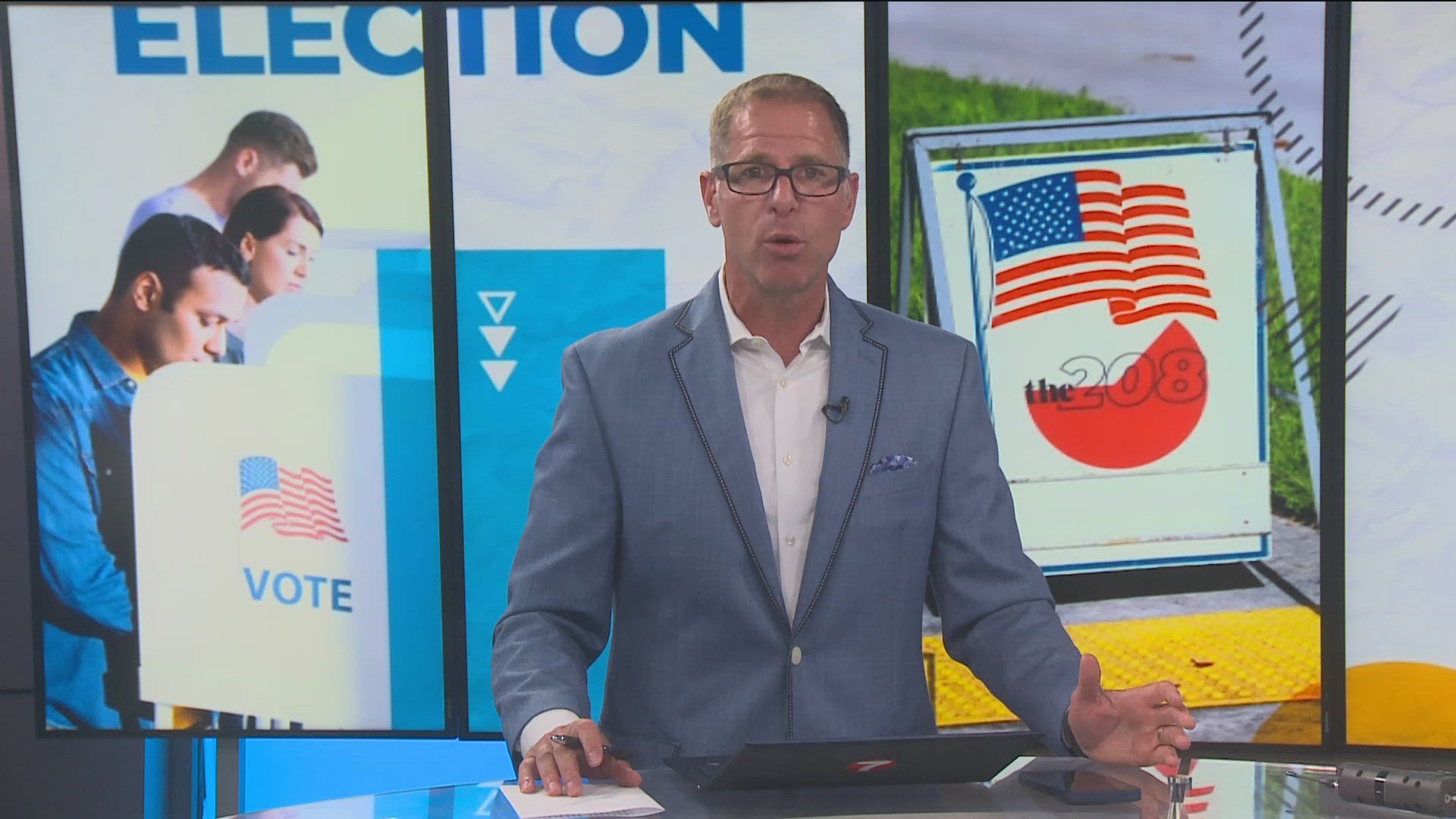BOISE, Idaho — This article originally appeared in the Idaho Press.
The Idaho Supreme Court on Tuesday dismissed Attorney General Raúl Labrador’s challenge of the Open Primaries ballot initiative on procedural grounds.
Justice Robyn Brody wrote in a unanimous opinion that Labrador’s allegations that supporters of the initiative were misleading in their signature-gathering efforts must be examined first in district court.
“The Attorney General’s Petition fundamentally misapprehends the role of this Court under the Idaho Constitution and the role of the Secretary of State under the initiative laws enacted by the Idaho Legislature,” Brody wrote.
Luke Mayville, a spokesperson for Idahoans for Open Primaries, said in response to the ruling, “Today’s decision is a victory for every voter in Idaho. The Supreme Court has shut the door on the AG’s desperate attempt to keep the Open Primaries Initiative off the ballot. The people of Idaho will now have a chance to vote YES on Prop 1 and give all Idaho voters—including independents—the right to participate in every taxpayer-funded election.”
The court said that Labrador may still challenge the initiative, which would implement a non-partisan top-four primary and ranked-choice voting in the general election, in a lower court.
“This lawsuit is dead in the water," Mayville said. "Even if the AG decides to try again in a lower court, he won’t have enough time before Election Day. Today’s decision guarantees that the people of Idaho will have a chance to vote YES on Prop 1 in November.”
The attorney general filed the challenge on July 24, claiming that the supporters of the Open Primaries initiative did not adequately explain that the proposed ballot measure would implement ranked-choice voting, and that signature gatherers had misled voters into believing that it would re-implement the primary election system that Idaho used to have prior to closing primaries in 2012. He also argued that it violated the state constitutional requirement that initiatives address a single subject.
He asked the court to prohibit Secretary of State Phil McGrane from putting the measure on the November ballot. The attorney general’s office also represented McGrane, which was a point of question from the court, the Idaho Press previously reported.
Idahoans for Open Primaries turned in around 97,000 signatures from every county in Idaho on July 2, exceeding the threshold needed to appear on the ballot. County clerks verified that the signatures came from registered voters, and McGrane’s office later reviewed and accepted the signatures.
Labrador’s office argued that the signatures gathered were all invalid. The court wrote in the opinion that the attorney general did not adequately demonstrate that McGrane had a clear duty to declare the signatures null and void in his role as chief election officer.
“Our review of the relevant statutes convinces us that the Secretary of State has no such duties,” the court wrote.
The court declined to weigh in on the question around the single-subject rule because it wasn't ready for litigation because it is a law that voters have not yet voted on.
“Whether the Initiative violates the Idaho Constitution presents no real controversy at this time because the Initiative is simply a proposal and has not yet become law,” Brody wrote.
This article originally appeared in the Idaho Press, read more on IdahoPress.com.
A spokesperson with the Idaho Attorney General's office issued this statement following the ruling.
“Today the Idaho Supreme Court dismissed our petition on procedural grounds and acknowledged that our allegations about the Open Primaries Initiative are “serious” but must be adjudicated in the district court. We appreciate the Court’s reasoned analysis of the issues at hand. We are now reviewing our options to show that outside interest groups knowingly misled Idaho voters about the petition they were signing and will continue to defend the people's right to an initiative process free of deception. We are disappointed that the court did not take up the single subject issue at this time, but are confident that the people of Idaho and the courts will eventually reject this clearly unconstitutional petition.”

